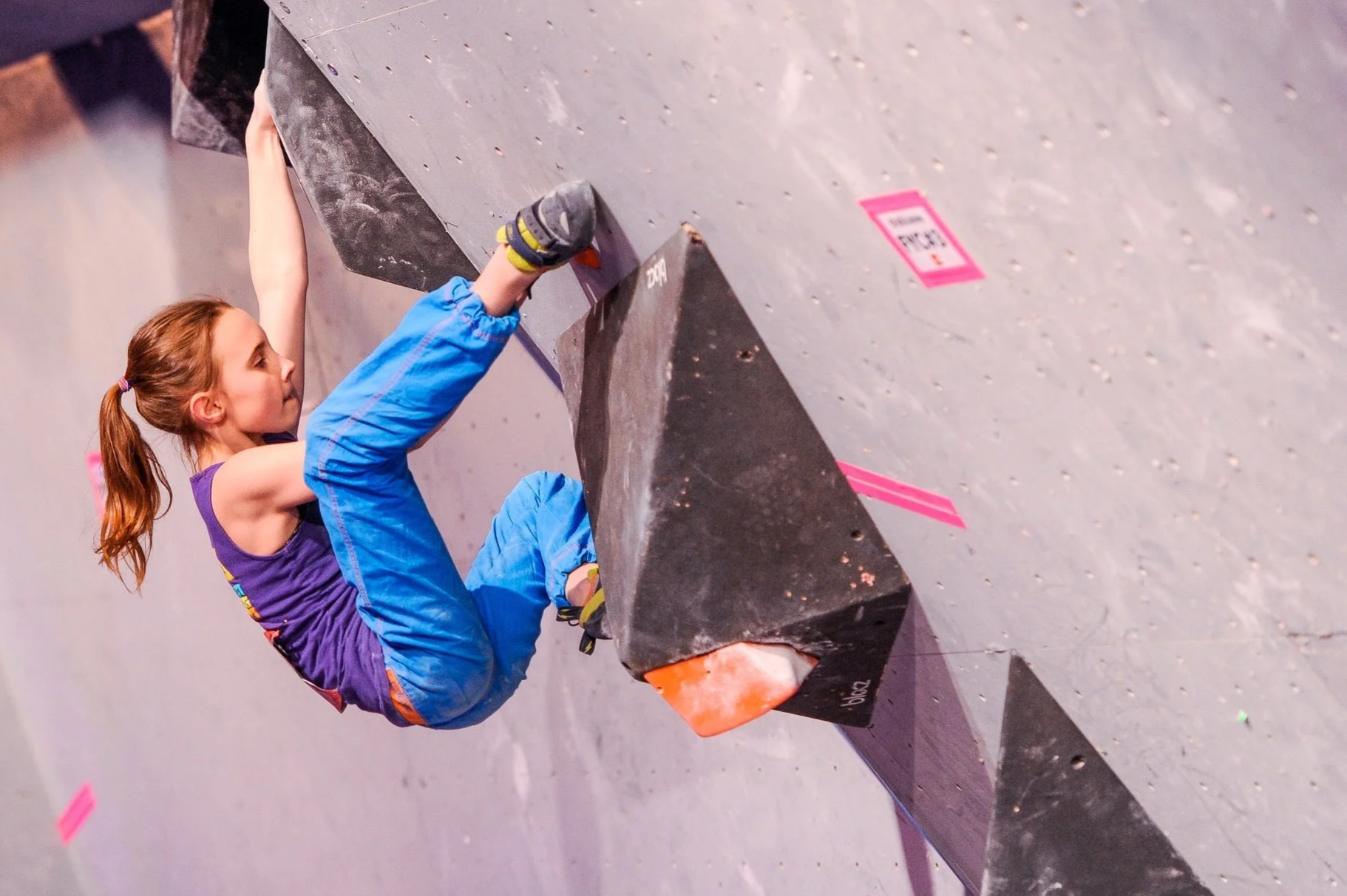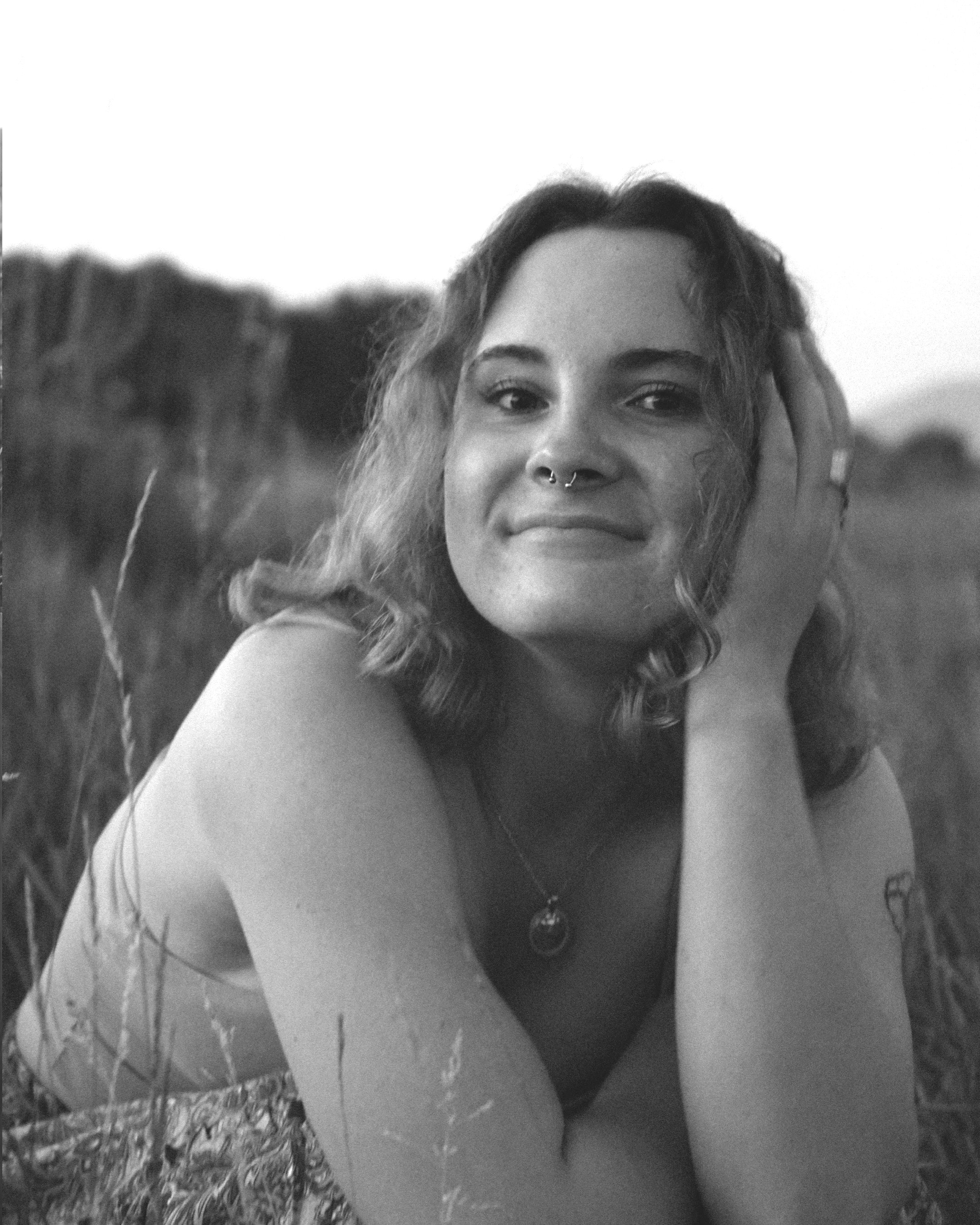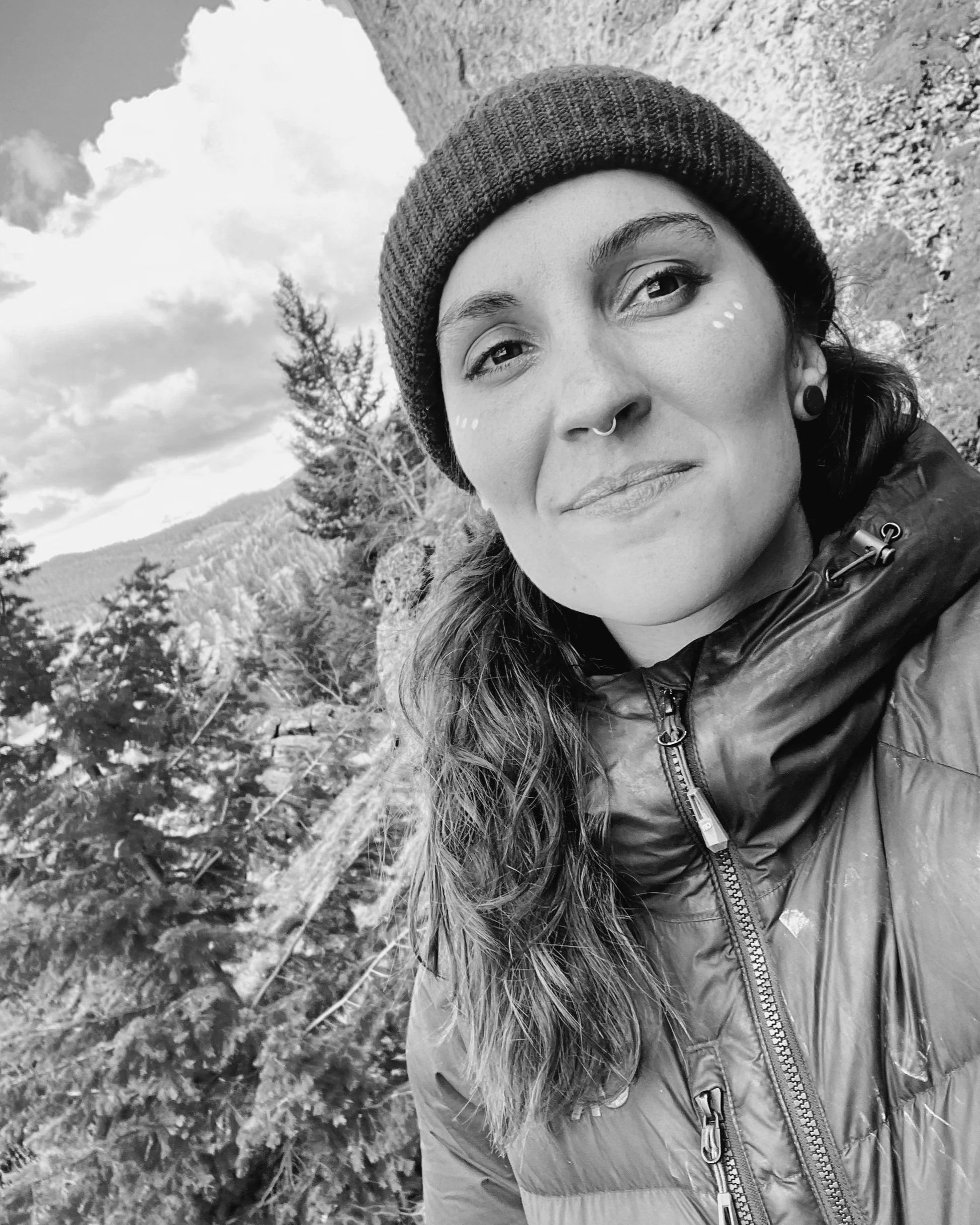
Burnout in the competitive youth circuit
Participation in the USAC youth circuit has doubled in just the last 4 years, from 3,203 climbers in 2021 to 7,698 climbers in 2025. This kind of expansion inevitably comes with some growing pains. This project was created to address the knowledge gap around athletic burnout in the sport, with the ultimate goal of creating free resources for athletes and their adults.
Dimensions of athletic burnout
DID YOU KNOW?
EMOTIONAL & PHYSICAL EXHAUSTION
Characterized as fatigue stemming from both the psychological and physiological demands of training and competing. Stressors in other areas of life may also contribute to burnout risk.
Athletes experiencing burnout often feel emotionally drained, an inability to do non-sport activities due to exhaustion from training, and persistent muscle or joint pain.
REDUCED SENSE OF ACCOMPLISHMENT
Negative self evaluation is a big clue here. Athletes may no longer experience positive feelings towards their climbing and accomplishments, or feel as though they struggle to accomplish anything at all.
Athletes experiencing burnout often perform below their previous personal standards.
AND LASTLY, SPORT DEVALUATION
A negative or detached attitude towards the sport and a lack of concern toward performance and climbing in general.
Athletes experiencing burnout may question the value or meaning of climbing and may even feel resentful towards it.
Stay tuned for more info on the basics of burnout coming very soon
-
Athletes
For 13-20 year old competitors.
This survey starts with a section on the basics of your climbing and progresses through your attitudes towards the sport, motivation, questions about your training environment, social media and comparison, and of course, burnout.
Average time to complete is around 20-30 minutes.
-
Coaches
Coaching is hard work! This survey will start by asking about your background in coaching and progress through your personal experiences with burnout with questions about your team environment and support networks. The survey concludes with a section on observed burnout in your athletes.
This is the lengthiest of our surveys, but you do not need to answer every question! However, bear in mind that the more thorough you are, the more specific we’ll be able to make the resources.
-
Parents
And guardians!
Your survey is unique. We want you to share your stories, questions, struggles, concerns and so on — whatever you want to learn about this topic, we got you. You play a central role in your athlete’s wellbeing in sport and we want to make sure we’re creating resources at the end of all this that are as helpful as possible to you.
Who We Are and why we’re here
I am a third year psychology student at Montana State University. I climbed competitively on the USAC circuit from the time I was 7 years old until my junior year of high school. My interest in psychology was largely inspired by the process of working through personal mental health challenges which overlapped with the severe athletic burnout I faced after competing for a decade. Through a pivotal part of this that time, Taylor was my coach. She was one of the first people to have real conversations with me about the mental aspects of climbing and competing and helped me understand the values that form a healthy and sustainable relationship with a sport. When it was time for me to find a psychology internship for the semester, I immediately thought about working with her. When brainstorming areas of focus, I told her that youth climber burnout was something I feel passionate about researching, with the goal of creating educational resources that may prevent burnout for others. The important role that competitive climbing had in my developmental years and the beautiful experiences the community surrounding it brought me is something I will never take for granted. I am a firm believer that climbing is a transformational sport that can serve as a vehicle for personal and community-focused growth. I would love to see a culture around competitive climbing that demands safe spaces for athletes where acceptance, kindness, transparency, and autonomy are valued and encouraged through sustainable coaching practices and peer and familial support.
Klara dumbrovska
I first met Klara when she was around 8 years old. I had just started coaching and was in my early 20s — about the age she is now. When she hit her teens and started to struggle with motivation and enjoyment in her climbing, I didn’t fully understand what was going on. In hindsight, there are many things I wish I had done differently. I just didn’t know what I didn’t know. I’m so grateful for the grace we were able to give each other through that time — stumbling through that process and learning together made such a meaningful impact on me as a coach. Klara and I have talked a lot over the years about how we may be able to take our experience of working with each other all those years as coach and athlete and morph it into something that would be helpful for the greater community — so when she approached me about this project, I was ecstatic. It feels like such a full circle moment to be working on this study together. Over the last decade, I’ve watched the youth climbing scene swell. As a longtime routesetter, coach, and community member, I’ve observed from multiple angles as it has become more serious and more competitive, and I’ve seen how the growing pains of the sport have allowed all sorts of athletes to slip through the cracks. I truly believe that this project has the potential to influence big shifts in competitive youth climbing culture. As of now, there is really not much instruction readily available for climbing coaches and parent/guardians alike on how to foster sustainability and mental wellbeing in their young athletes. We’re excited to have the opportunity to change that through this study.


